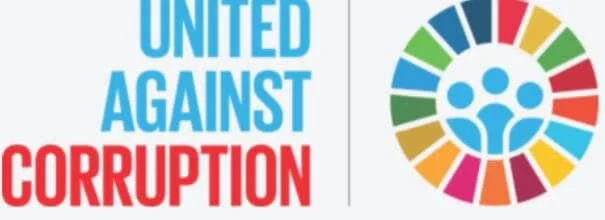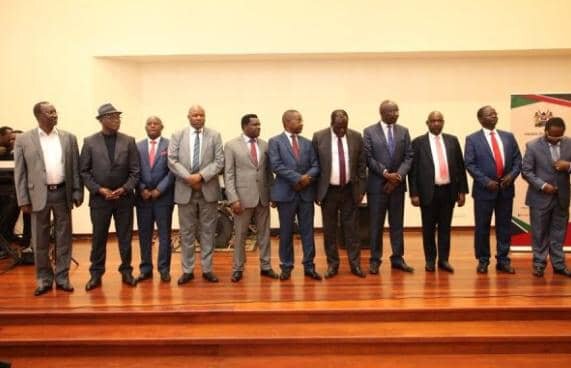Soft and hard corruption practices are deeply rooted in many systems and policies in the world. Even with active policies and structures to reduce corruption, accountability and transparency have to be deeply rooted in the values and culture of a nation. Coronavirus pandemic has tested the limits that countries have on integrity. More tests in form of economic frustrations and political uncertainty among others will continue to challenge the beliefs that people and their leaders have. It is upon institutions to create robust systems that eradicate systemic corruption and vows for a fair and justifiable life.
Press Release: Public Petition Regarding Illicit Assets And The Laundering Of Proceeds Of Crime To Tax Havens.
It is estimated that since 2011 Kenya has been losing an average of Ksh 40 billion every year to illicit financial flows through corruption, tax evasion, and other fraudulent practices that rob the country of required resources for economic growth. The petition has been endorsed by 40 signatories, both individuals, and Civil Society Organisations, all calling for expedited efforts to recover these assets and the need for a well-established mechanism for the use of the repatriated funds.
Katiba At 10: Corruption
Kenya has been waging war against corruption since it became an independent state. Almost every socio-economic challenge grappled by Kenyans can be linked to the corruption menace. Graft had been ill to Kenyan society during Mzee Kenyatta’s presidency where corruption was isolated and only those close to the executive arm got a piece of the illicit cake. Since then, corruption has morphed and permeated a majority of institutions beyond the executive arm.




